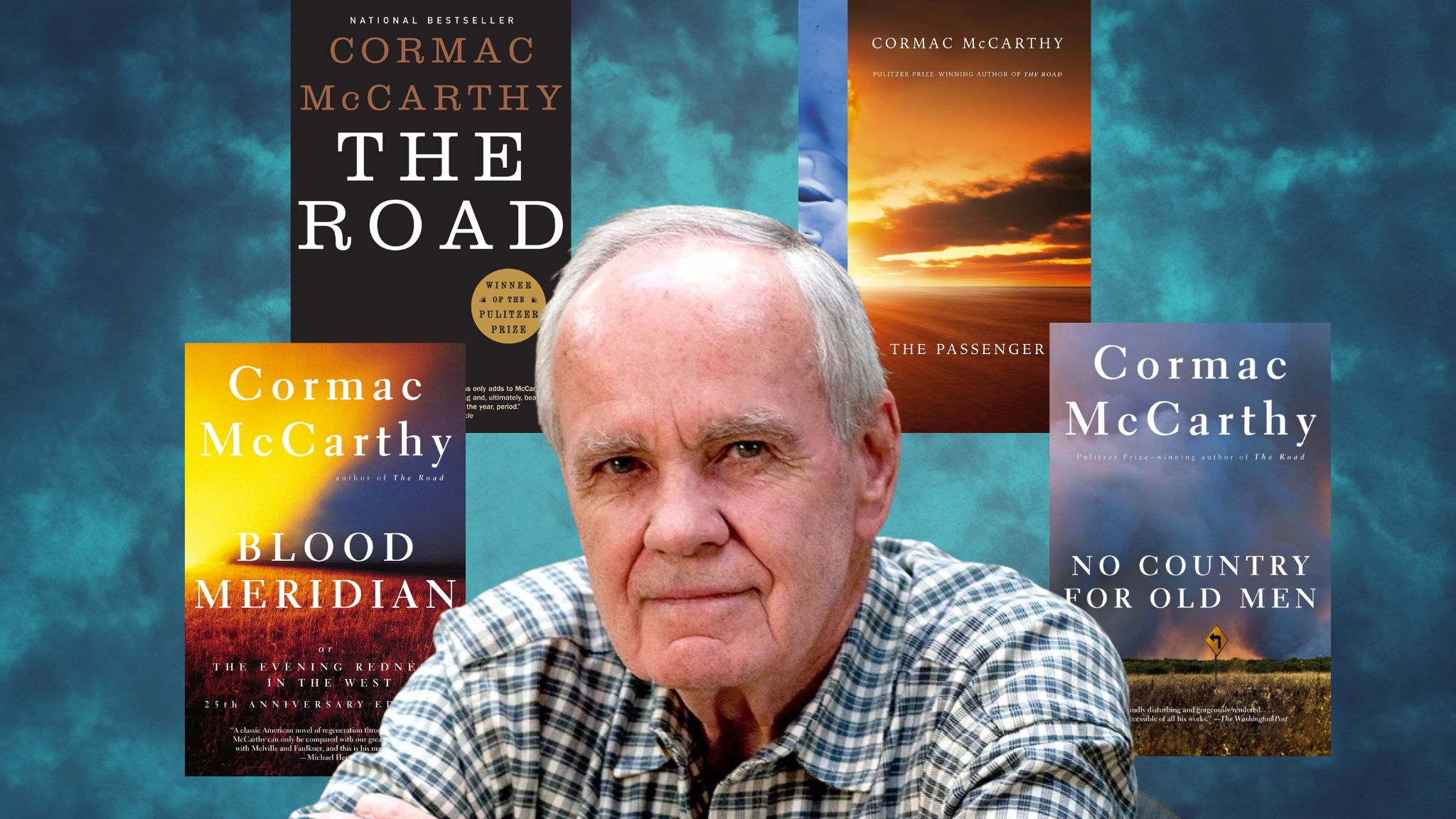Cormac McCarthy, considered by many one of America’s greatest writers for his graphic and bleak depictions of the United States and its borderlands in novels like Blood Meridian, The Road and All the Pretty Horses, died on Tuesday at age 89.
Over a nearly 60-year career, McCarthy, said by critics to have stood on the shoulders of such greats as Melville and Faulkner, wrote a dozen novels, many of them critically celebrated with some even receiving the film treatment. For years, he wrote while living on grants, including the MacArthur grant (typically given to geniuses) which he was awarded in 1981.
McCarthy flew under the mainstream radar for much of his career, but this all changed with All the Pretty Horses, the first installment of his Border Trilogy, which became a bestseller and won the 1992 National Book Award. By 2006, Blood Meridian, a blood-soaked tale of massacres and scalping in northern Mexico in the 1840s, was given third place in a Time magazine list of the 25 greatest American novels. He reached an even wider audience via film adaptations of books including acclaimed No Country for Old Men (2005) starring Javier Bardem and the Pulitzer prize-winner The Road (2006).
Known for his bleak view of humanity, beautiful prose featuring unrelenting bluntness, haunting depictions of death and violence and his strained relationship with grammatical custom, McCarthy’s writing established an iron grip on the hearts and minds of many.
“It’s some of the most extraordinarily beautiful writing I’ve ever seen, and it’s horrifying,” said J.T. Barbarese, a professor of English and writing at Rutgers University. “I mean, I think Fitzgerald had that ability, Faulkner had it as well — to describe menace and horror in such a way that you just cannot disengage, that’s greatness.”
Born Charles Joseph McCarthy Jr. on July 20, 1933, in Providence, Rhode Island, McCarthy was one of six children in his Irish Catholic family, and later switched to using the old Irish name of Cormac. His father being a lawyer, McCarthy grew up in relative comfort.
Perhaps because of his extensive Christian upbringing, having gone to both a Roman Catholic middle school and high school, McCarthy developed a rebellious streak, which eventually shone through in his work. “I felt early on I wasn’t going to be a respectable citizen,” he said. “I hated school from the day I set foot in it.”
His last two novels, The Passenger and Stella Maris, were published in 2022, and he is survived by his sons, two grandchildren, two sisters and a brother.
Cormac McCarthy changed the course of literature,” Nihar Malaviya, the CEO of Penguin Random House, said in a statement.
“For sixty years, he demonstrated an unwavering dedication to his craft, and to exploring the infinite possibilities and power of the written word,” Malaviya said. “Millions of readers around the world embraced his characters, his mythic themes, and the intimate emotional truths he laid bare on every page, in brilliant novels that will remain both timely and timeless, for generations to come.”




